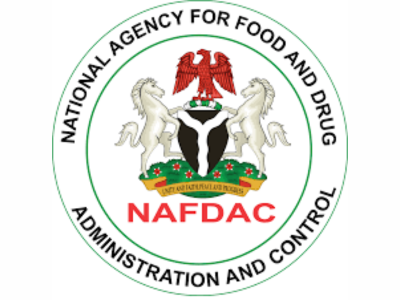NAFDAC Applauds Decline in Drug Imports, Urges Investment in Local Pharmaceutical Production
- by Editor
- Oct 17, 2025

Credit:
Nigeria’s National Agency for Food and Drug Administration and Control (NAFDAC) has reported a significant reduction in the country’s reliance on imported medicines, with imports now accounting for 60% of national pharmaceutical needs—down from 70%.
The agency credited targeted regulatory reforms for the progress but emphasized that full self-sufficiency remains a distant goal without deeper investment in domestic manufacturing.
The announcement was made by NAFDAC Director-General, Professor Mojisola Adeyeye, during the Nigeria Academy of Pharmacy’s 2025 Investiture and Public Lecture in Abuja, where 14 new fellows were inducted. Adeyeye attributed the gains to the agency’s “5plus5” initiative, which requires importers of drugs that can be locally produced to establish manufacturing facilities or partner with Nigerian firms within five years. The policy has helped catalyze the emergence of over 30% of new pharmaceutical companies in the country.
“When I joined in 2017, I met an agency with almost nothing,” Adeyeye said. “We had to wash our brains, retrain ourselves… We became the first country in Africa to achieve and sustain WHO Maturity Level 3 reevaluation successfully. That is nation building.”
She highlighted the expansion of the “ceiling list”—a catalog of essential medicines mandated for local production—which has grown from nine to 36 items. Adeyeye also pointed to the implementation of a track-and-trace system for vaccines and narcotics as a key advancement in health security.
Despite the progress, Adeyeye acknowledged that Nigeria is still far from meeting its 30% import reduction target set in 2021. She called for sustained funding and stronger collaboration with academic institutions, noting that NAFDAC staff are pursuing postgraduate studies at the University of Lagos and the Federal University of Technology, Minna. “Without academia, we cannot do research and development,” she said.
Keynote speaker Wale Oyedeji, Group Managing Director of FBN Holdings, reinforced the call for innovation, describing pharmaceutical advancement as a blend of science, business, governance, and nation building. He advocated the use of artificial intelligence and data analytics to close gaps in the sector.
Nigeria Academy of Pharmacy President Lere Baale reaffirmed the organization’s commitment to ethical innovation, envisioning Nigeria as a continental leader in biotech and digital health.
The event underscored the pharmaceutical sector’s strategic role in Nigeria’s ambition to become a $1 trillion economy. However, challenges persist: foreign exchange constraints, infrastructure deficits, and low capacity utilization—currently at 40% according to the Manufacturers Association of Nigeria—continue to hamper growth.













0 Comment(s)